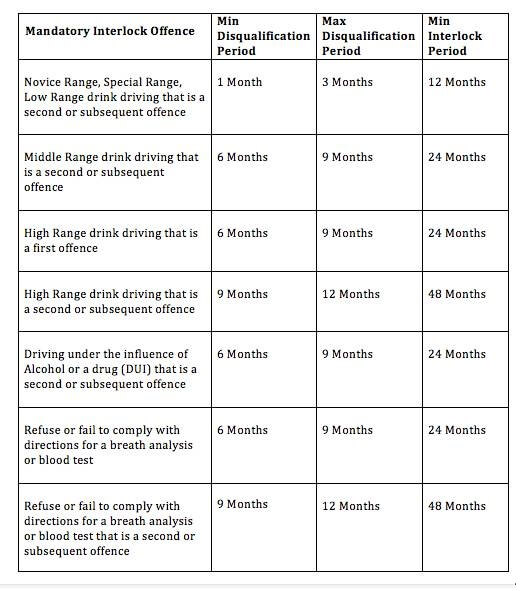Australian courts take drunk driving offences very seriously, and high range drink driving charges can result in fines and imprisonment.
Characterised as an attempt to drive a motor vehicle on a public road by someone with a blood alcohol concentration above 0.150, high range drink driving is a serious offence that will remain on your criminal record well into the future. Even if it is your first criminal conviction, drink driving or otherwise, a court is likely to fine and imprison an offender once they are proven guilty.
Despite the severity of its offence, it is possible to achieve a ‘section 10’ for high range DUI. That is, with the expertise of our team, LY Criminal Lawyers Sydney has successfully gotten previous clients a discharge of the matter without any recording of the conviction.
What is High Range Drink Driving?
High range drink driving, also referred to as high range PCA, is a criminal offence that occurs when an individual attempts to drive a motor vehicle on a public road while their blood alcohol concentration (BAC) is above 0.150.
Offenders are usually administered a breath test by police to clarify the level of BAC, performed often at the side of the road. The test is done by the driver breathing or speaking into a device which, when reading as a positive, means that the police will detain you at a police station for further breath analysis.
So long as the breath analysis is taken within two hours of driving, the reading at the time is determined to be the concentration of alcohol present in the driver’s blood at the time they were operating their vehicle.
Drink and Drug Driving Relevant Terms
There are several terms you will encounter in the case of being given a high range drink driving charge. Understanding these terms will allow you to comprehend your potential offences and the discussions surrounding them.
PCA: Prescribed Concentration of Alcohol
BAC: Blood Alcohol Concentration
Novice range PCA: A provisional or learner driver licence holder with a BAC above zero
Low range PCA: A driver with a BAC level between 0.05-0.079
Mid range PCA: A driver with a BAC level between 0.08-0.149
High range PCA: A driver with a BAC above 0.150
Special range PCA: A special category driver with a BAC above 0.02
Subsequent offence: Being charged with a similar or identical offence you have previously been convicted for
High Range Drink Driving Penalties in NSW
High range drink driving offences are serious criminal offences, met with equally severe penalties. These penalties go above just licence disqualification, with even a first offence having the possibility of incurring a criminal conviction and a prison sentence.
First Time Drink Driving Offence
The maximum penalty for high range drink driving, if it is your first major traffic offence within 5 years, is a fine of $3,300.00 and/or 18 months imprisonment. Although this is a substantial fine, and no one looks forward to a possible prison sentence, most drivers charged with this offence are concerned with the immediate disqualification of their licence.
If you are found guilty of high range drink driving, you will face an automatic disqualification period of your licence for 3 years. Furthermore, you may face a maximum disqualification period when found guilty, which is unlimited. While the minimum period is 12 months, no option is great for those who drive regularly, and it is impossible to deter unless the matter is dealt with according to Section 10 of the Crimes (Sentencing Procedure) Act.
Beyond licence disqualification, those found guilty of high range drink driving will also be required to participate in the alcohol interlock program. An interlock device will also be fitted to your car for 2 years, which prevents the car from starting unless you provide a zero-alcohol breath sample.
While it is highly unusual for drivers charged with a High Range PCA offence to be dealt with under section 10 because of the Guideline Judgement of the NSW Court of Criminal Appeal (see below), it is not impossible. In fact, if your matter is dealt with under section 10, and it is successful, you will not be disqualified from driving.
Second or Subsequent Drink Driving Offence
The maximum penalty for a High Range drink driving offence, if it is your second or subsequent major offence within 5 years, is a fine of $5,500.00 and/or 2 years imprisonment. The offence does not have to pertain to high range drink driving, but also any other major traffic offence.
The court can also impose an unlimited maximum licence disqualification period, or a minimum one of 2 years, unless your defendant is successful in their pursuit of section 10 of the Crimes (Sentencing Procedure) Act.
Anyone who begins driving once their disqualification period has ended will need to be fitted with an interlock device for 4 years. However, much like a first offence, if your matter is dealt with under section 10, you will not be disqualified from driving.









